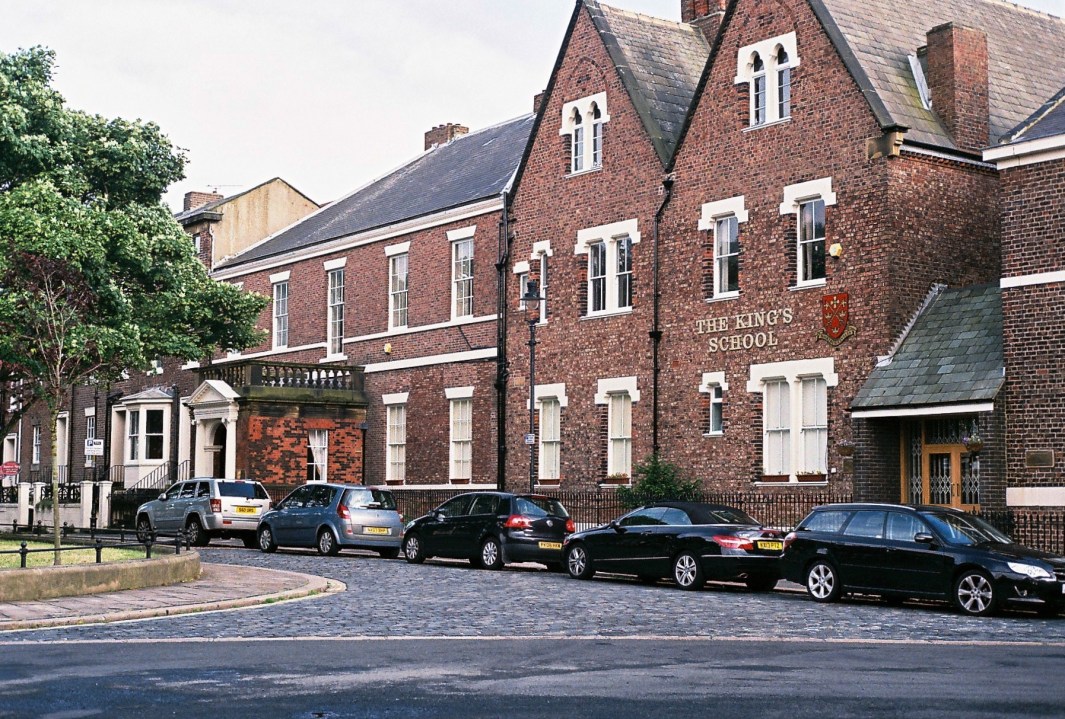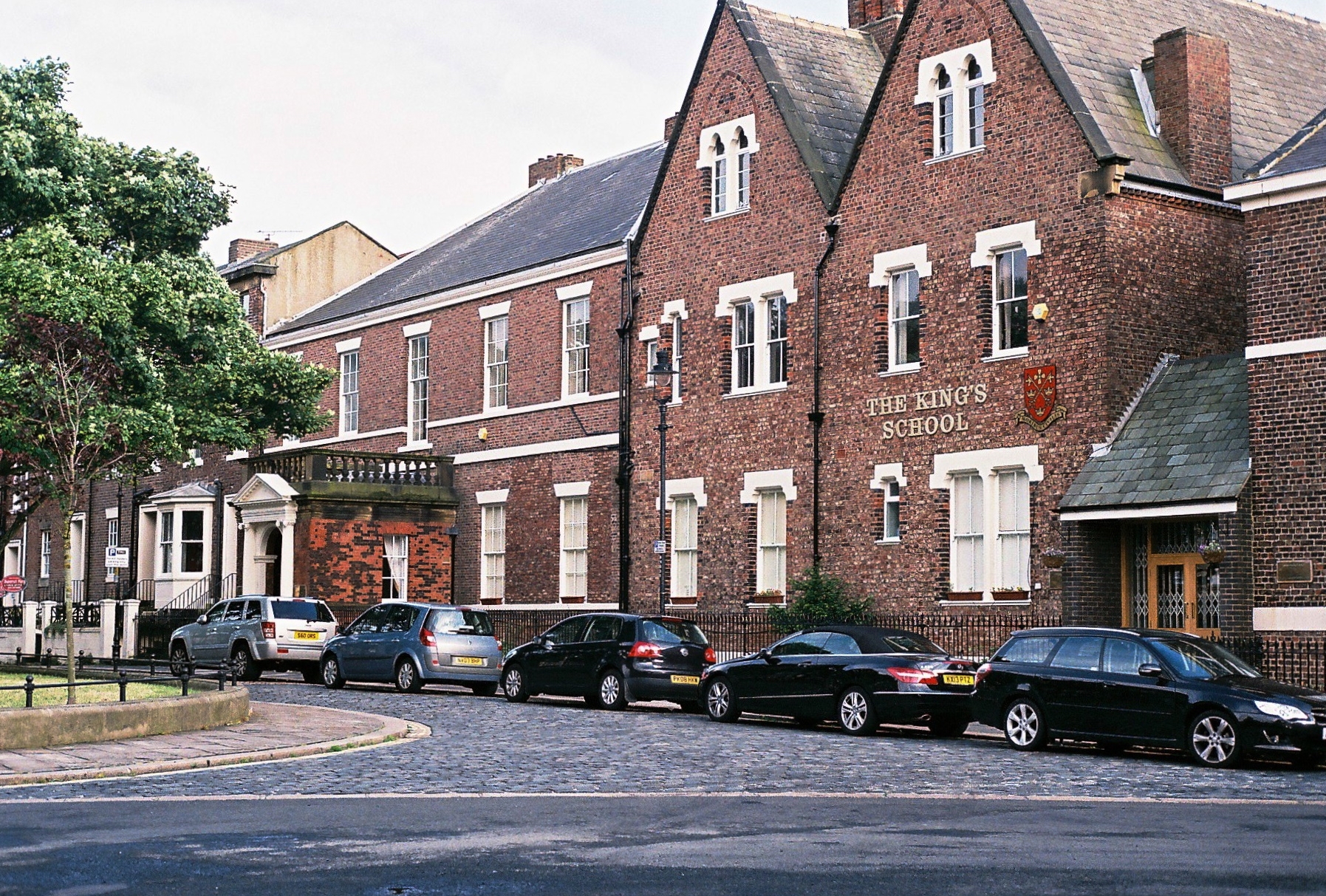When my parents came to choose a secondary school, they were naturally keen to send little Sebastian to the best possible place — regardless of whether it was state or independent. Their first choice was Emmanuel College in Gateshead, where we lived — one of Kenneth Baker’s original city technology colleges and inspiration for Labour’s academy programme. The next was the fee-paying King’s School in Tynemouth. Emmanuel declined to offer me a place and King’s turned out to be too expensive. I ended up at a respectable, above-average comprehensive — so I was luckier than most. King’s would have been superb; it’s one of best schools in the north-east. But it is only open to those who can afford it.
Until now. Last September, the King’s School announced that it wanted to move into the state sector under the academy programme, joining 21 other private schools that have — in effect — volunteered to be nationalised. To those in my family’s situation, it is a godsend: a £10,000-a-year education available to all. The formula for excellence is due to be expanded too. King’s plans to merge with the Priory primary school next door to create an academy, known as Kings Priory School, that would take children from primary to sixth-form in one of the poorest areas of the country. The plan is widely supported by parents of pupils at both schools and by the local community, and ought to fit anyone’s definition of social -justice.
Labour and local bureaucrats, however, have reacted with fury. They were already upset to see that most secondary schools, given the choice, opted to leave council control; now they have to look on as former private schools compete for state pupils. The breadth and speed of Michael Gove’s revolution has left Labour flummoxed and fractured. The row over Kings Priory School is a perfect case in point.
The Labour-run North Tyneside council is a bastion of resistance to the Baker/Blair/Gove reforms, and seems to be primarily interested in protecting its own territory. Allowing the King’s School to open to state pupils would, they say, upset the ‘feeder’ system that shepherds pupils in primaries into designated secondaries. Giving parents a choice upsets this careful plan.
The opposition is being led by Ian Grayson, a National Union of Teachers official who doubles as the North Tyneside council member responsible for education. He believes that removing the Priory school from council control could ‘destabilise’ the entire education system in the borough. Giving parents choice, he told me, could ‘see a significant drop in numbers elsewhere in the borough and we have to plan for that’. A third of pupils might choose schools other than the ones the council has designated for them. To Mr Grayson, this is not something to celebrate, but a problem.
Councillor Grayson has been trying to thwart King’s School by demanding a formal investigation into the effect the new academy would have on the borough. This is how school wars are fought in England: the opponents demand a bureaucratic assessment, hoping that a judicial review will delay the process long enough to stop the new school opening — in this case in September.
Even taken at face value, Grayson’s arguments make no sense. North Tyneside council is building three new secondary schools and one new primary, so his ‘balance’ will be upset anyway. It appears Grayson and his comrades loathe the idea of not being in control. The real issue is that the unreformed left don’t want any new schools while places in old, inadequate schools remain unfilled.
The pro-reform left are almost as angry as the Tories about this. Andrew Adonis, who was Blair’s schools minister, has long urged private schools to open academies or to join the state system. Last year he hailed the King’s School merger as one of the Cameron government’s more impressive education achievements, arguing that Tyneside ‘badly needs more high-quality school places’. To him, what’s happening in Tynemouth epitomises what Labour should be about.
So where does this leave Stephen Twigg, Labour’s current education spokesman? He likes to think of himself as progressive, but he sided with the unions last month when he declared that it was a ‘scandal’ that pupils were being offered the chance to go to academies when there were places to fill in council-run schools. His officials say he shares the council’s concern about the King’s School’s ambitions, given that there is a ‘surplus of places in the area’. He claims to like academies in theory — but it seems in practice he doesn’t.
And this is exactly why Labour’s education policy is such a car crash. Ever since the coalition took office and passed the Academies Act, the party that once talked of ‘education, education, education’ has tied itself in ideological knots. For three years, Ed Miliband has spoken about theories of education. But his party is defined by the choices it makes, and who it backs, which is why test cases like Kings Priory School are so very revealing.
The Conservatives, locally and nationally, are firmly on the side of the parents and the teachers. Labour, locally and nationally, are on the side of the status quo – to the dismay of reformers like Andrew Adonis.
My sources in the education department tell me that Michael Gove has made his decision: the school merger will go ahead and Kings Priory School will be created. This should have been Labour’s victory. In the days when it won elections, Labour tried to be on the side of progress — and confronted the statism of the hard left. But fighting the vested interests has proved too exhausting.
It’s great news that families like mine will now have access to the best education the north-east can offer. But it’s bad news for Labour that they will have a Conservative Education Secretary to thank.







Comments